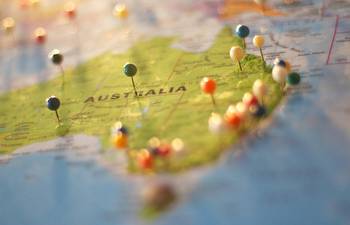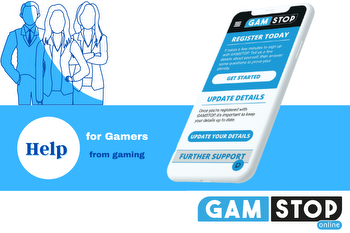The Front Page: Is New Zealand being left behind on gambling regulation?

Gambling has shifted from pokies to online. Photo / 123RF
New Zealand is “behind the eight ball” when it comes to our response to online betting, an industry watchdog warns.
Andree Froude, spokeswoman for the Problem Gambling Foundation of New Zealand, tells The Front Page podcast our legislation is no longer fit for purpose and other countries are moving much faster in their response to problem gambling.
“We really need to get on top of our online gambling regulation,” she says.
“There’s a lot that needs to be done in this country around the regulation of online gambling because we know that people are gambling on these offshore sites that are not covered by New Zealand law. Legally they can do it, but they’re not protected by New Zealand law.”
Froude says it is critical that we update our Gambling Act, because of how much gambling has changed since it was first released.
“We need a Gambling Act that’s more fit for purpose. Our Gambling Act is from 2003 and there are a lot of things that have happened in the development of online gambling over that time.”
Froude’s comments come at a time when Australia is taking steps to address the growing concerns caused by online gambling through the launch of an online gambling self-exclusion register called BetStop.
Dr Charles Livingstone, head of the Gambling and Social Determinants unit at Australia’s Monash University, explains that this system allows anyone who wishes to have themselves barred from gambling online to do so by simply informing the scheme that they wish to stop.
“That information is then automatically transmitted to all of the other bookmakers in Australia,” says Livingstone.
“There are a large number of them. Something in the range of north of 50. In the past, in order to self-exclude, you had to go through them one by one, but the BetStop system allows you to self-exclude with the push of one button.”
Individual bookmakers in Aotearoa do have self-exclusion options for their patrons, but there’s nothing in this country that brings the ecosystem together like this.
The move in Australia follows similar steps in Sweden and the United Kingdom, which similarly enable people to opt out of online gambling if they feel they’re losing control of the habit.
Froude would like to see a similar approach employed locally, which requires any organisation – locally or internationally based – offering gambling services to New Zealand residents to be part of a self-exclusion programme like BetStop.
“It’s a really important tool for people who are experiencing harm,” she says.
The rapid rise of online gambling, particularly during the pandemic, has led to a shift in the profile of the modern gambler.
Gamblers are no longer relegated to the dark corners of the pokies. With the power of their mobile phone, they can bet no matter where they are.
“Gambling is one of those addictions that’s often hidden, especially online gambling where you can literally carry it around in your pocket. We see people every day who have experienced harm, and this can range from not being able to pay bills right through to people who have committed fraud, lost their homes, lost their relationships and really hit rock bottom.”
Self-exclusion is a step forward, but a major shortcoming is that it still requires the volition of the problem gambler to effect the change. Livingstone says this is why some jurisdictions are looking to take steps that go even further.
“In South Australia, and I understand soon in New South Wales, a family member will be able to make an application through an informal tribunal to have someone else excluded from gambling at specific venues,” says Livingstone.
The researcher goes on to explain a pre-commitment could make an even bigger difference than this step.
“That is a universal system that allows people who wish to gamble to set a limit of how much they will gamble. Obviously, some people will set ridiculous limits, but in Victoria, the Government has recently announced such a system. And in Tasmania, the Government announced a system like this to be introduced at the end of next year.”
So what is Aotearoa doing to address this issue? And why does sports gambling in particular pose a whole new range of risks to young men?
Listen to the full episode of The Front Pagepodcast to hear more on this issue.
The Front Page is a daily news podcast from the New Zealand Herald, available to listen to every weekday from 5am. It is presented by Damien Venuto, an Auckland-based journalist with a background in business reporting who joined the Herald in 2017.
You can follow the podcast at iHeartRadio, Apple Podcasts, Spotify, or wherever you get your podcasts.





































